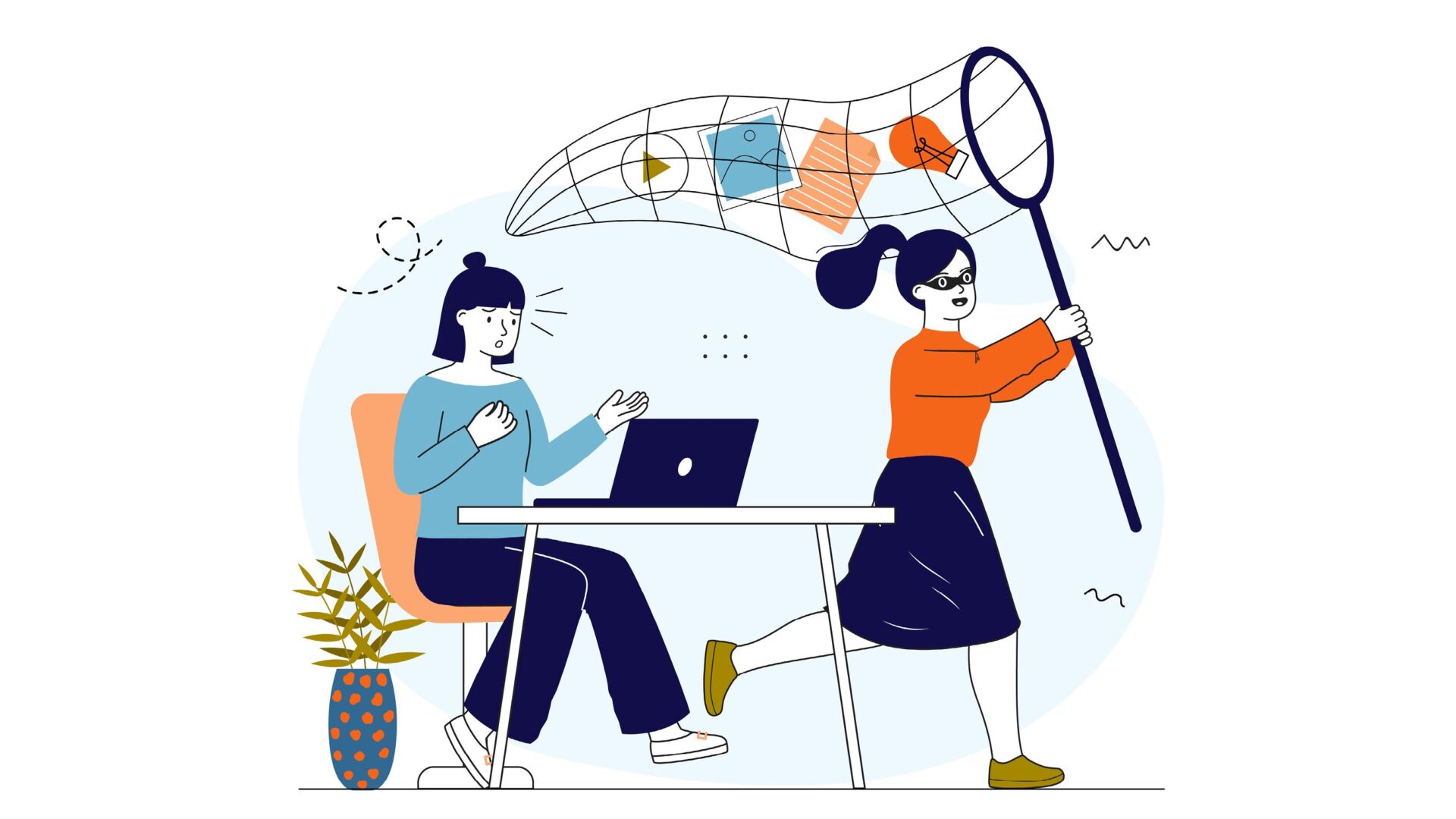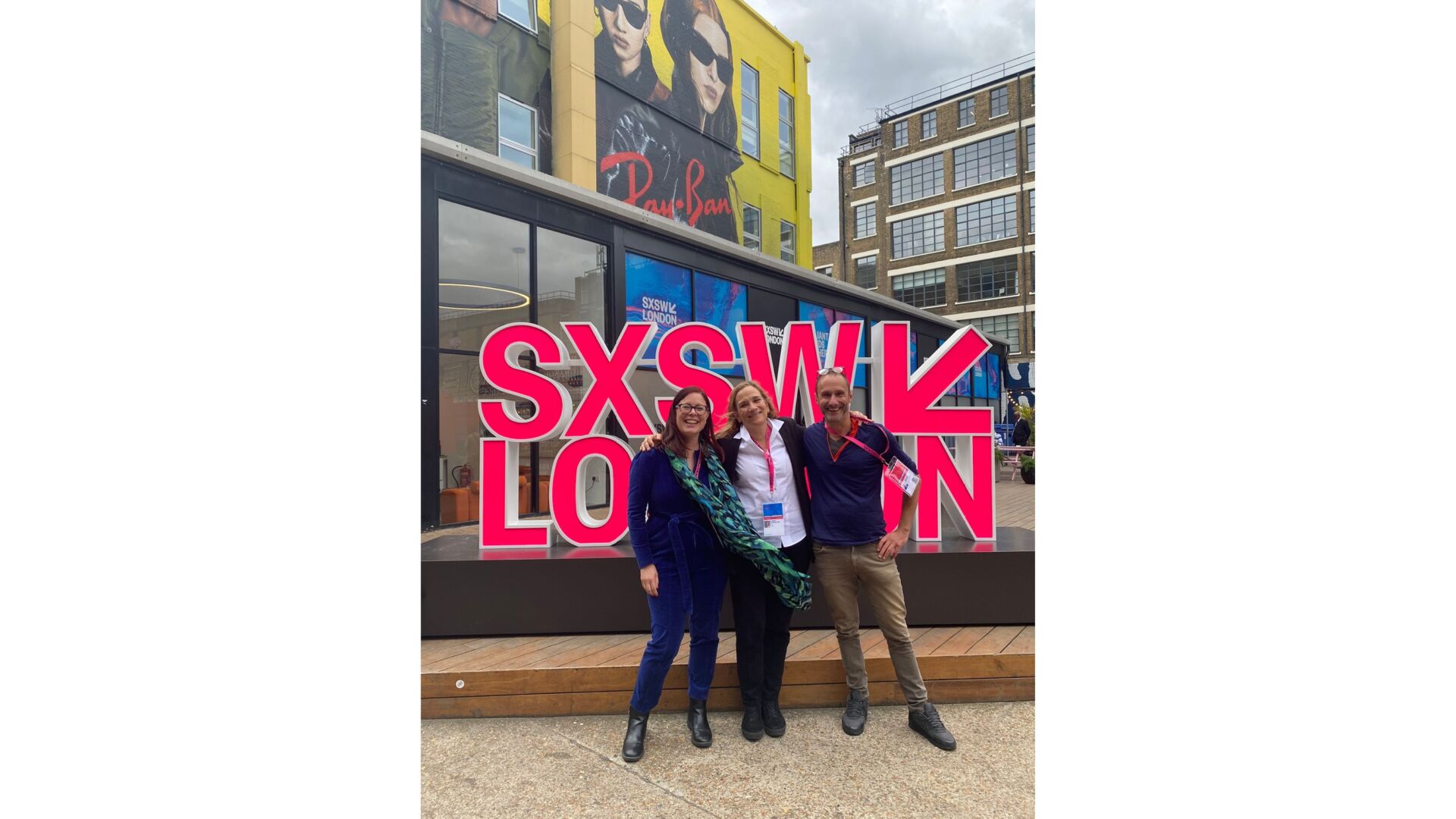The Publishers Association (PA) has sent a letter to developers of generative AI on behalf of its membership expressly stating that they withhold all permission for any works used as ‘training data’ by AI companies.
The PA’s 180 members include Penguin Random House UK, HarperCollins, Canongate Books and Hachette UK, as well as independent publishing houses and university presses.
The letter said: ‘Our members do not, outside of any agreed licensing arrangements to the contrary, authorise or otherwise grant permission for the use of any of their copyright-protected works in relation to, without limitation, the training, development or operation of AI models including large language models or other generative AI products.’
The letter states that although the publishers ‘embrace AI in their operations and perform a crucial role in underpinning AI development in the UK’, it is vital that generative AI models are developed in a legal, sustainable and ethical manner.
In line with the SoA’s own recommendations on AI, the PA suggest that a licensing model is the appropriate mechanism to ensure consent and remuneration when copyright-protected works are used to develop generative AI models.
The recent report from the House of Lords Communications and Digital Committee Inquiry into Large Language Models (LLMs), to which we provided evidence, said that LLMs should not use copyright-protected works without permission or compensation, that there should be support for licensing and that there should be transparency for rightsholders.
Opt-in – or out?
Although we believe that creators must be asked before their work is used to develop generative AI models – using opt-in rather than opt-out systems – we are pleased to see the PA take this step to formally prohibit the material of their members being used to develop AI models.
At the SoA Extraordinary General Meeting (EGM) on 2 May, we are inviting Full Members to debate and vote on three resolutions. Resolution 1, proposed by the SoA Management Committee, asks Members to vote to assert that they do not consent to the use of SoA Members’ works to develop AI systems.
We believe that this is important as although the PA’s call covers a wide range of authors and their work, many SoA members are self-published, published by publishers who are not members of the PA, or are creating work for other media (including broadcast, gaming and live performance). In addition, the PA’s members frequently do not hold the right to give consent for copying of our members’ work by AI developers for the purpose of developing their systems.
Voting to support resolution 1 at the EGM will allow us to assert that our Members do not authorise or otherwise grant permission for the use of any of their copyright-protected works in relation to, without limitation, the training, development or operation of AI models, including large language models or other generative AI products, unless they have specifically agreed licensing arrangements.






